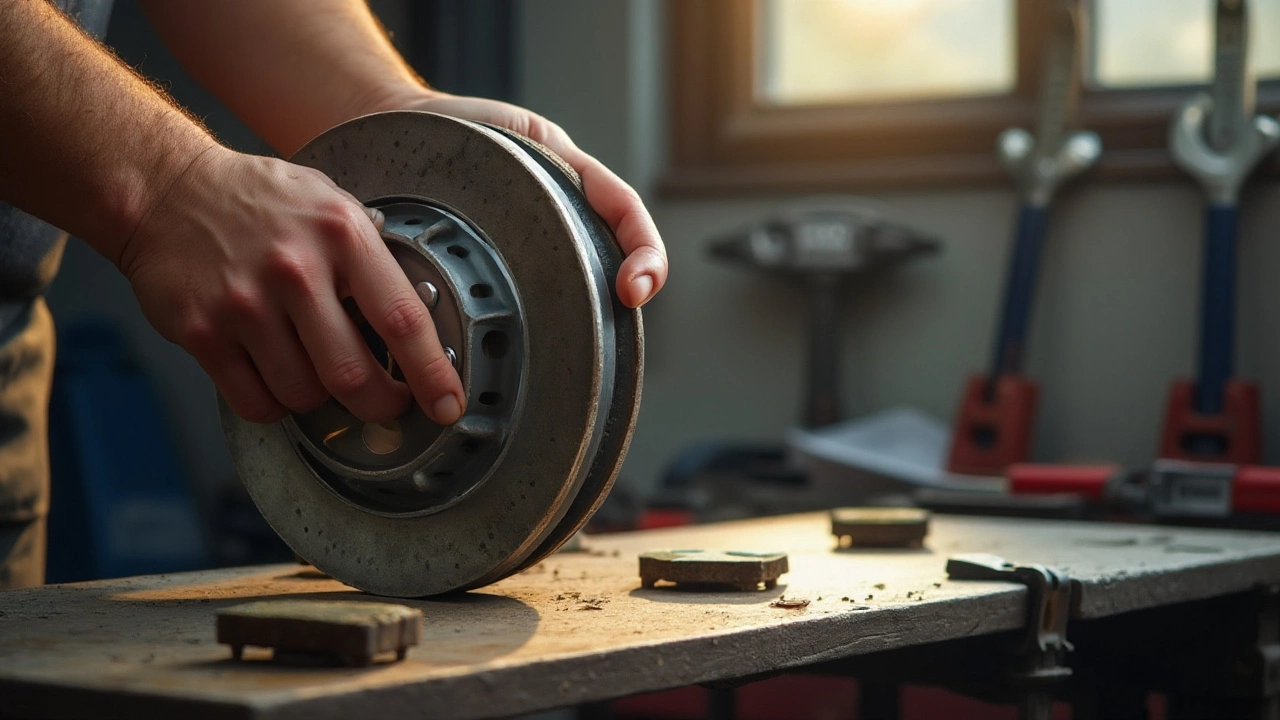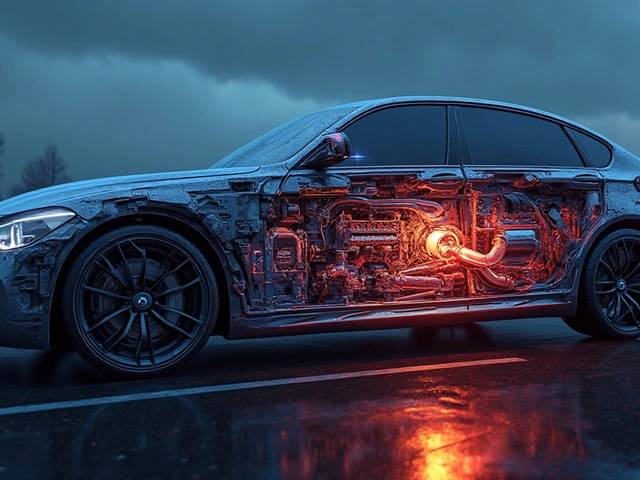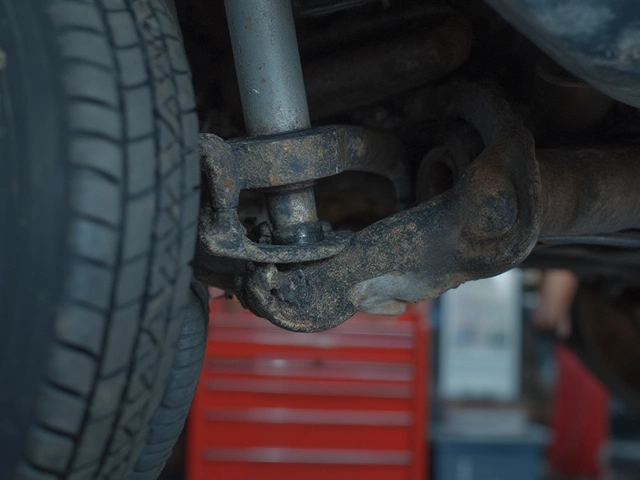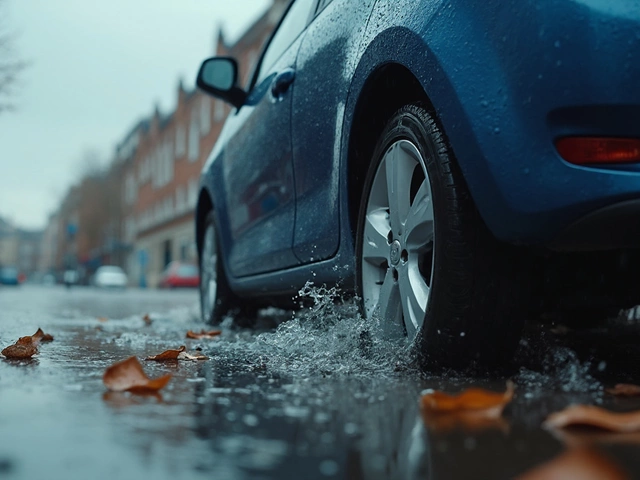Brake Discs: When to Replace and How to Choose the Right Set
If you hear squealing, feel vibration, or notice the car pulling to one side, your brake discs might be the culprit. They’re the metal plates that press against the pads to slow you down, and like any wear‑item, they need attention before they cause bigger problems.
How to Tell Your Brake Discs Need Attention
First sign: a high‑pitched squeal that won’t quit. That usually means the wear indicator on the disc is touching the pad. Next up, a deep, grinding noise – that’s a red flag that the disc surface is scored and you could be damaging the pads.
Feel the brake pedal. If it feels spongy or you need to press it farther to the floor, the discs may be warped. A warped disc makes the car shimmy when you brake, especially at higher speeds.
Visual checks help too. Pop the wheel off and look at the disc surface. Thin spots, blue‑tinted edges, or cracks mean it’s time for a swap. A rule of thumb: if the disc is thinner than 10mm for most cars, replace it.
Choosing the Right Brake Discs for Your Car
Not all discs are created equal. OEM (original equipment manufacturer) discs match the specs your car was built with – they’re a safe bet for everyday drivers. If you do a lot of motorway driving or carry heavy loads, performance discs with better heat dissipation can keep braking smooth.Material matters. Cast iron is common, cheap, and durable enough for most jobs. For high‑performance or racing, you might look at carbon‑ceramic, but those cost a fortune and need special care.
Fit is crucial. Bring your registration to Northwich Tyres Centre and we’ll match the disc to your make, model, and wheel size. Wrong fit can cause uneven wear or even damage the caliper.
Price wise, a standard set runs between £80‑£150 per axle, while performance options can hit £300 or more. Don’t skimp on quality – cheap discs can wear fast and put extra strain on the pads.
When you bring your car in, we’ll inspect the discs, measure thickness, and advise if you need a full set or just one side. We’ll also check the pads, rotors, and calipers to make sure everything works together.
Replacing brake discs isn’t a DIY job for most people. It needs a torque‑wrench, proper brake fluid bleed, and a clean environment. At Northwich Tyres Centre we do a complete service: disc fit, pad replacement, and a brake fluid flush to keep the system sealed.
Bottom line: listen to your brakes, check the discs regularly, and when in doubt, bring the car to a professional. A fresh set of brake discs not only restores safe stopping distances but also extends the life of your pads and saves you money in the long run.
Got questions about the right brake discs for your ride? Drop by Northwich Tyres Centre in Northwich – we’ve got the parts, expertise, and friendly service to get you back on the road with confidence.
 3 December 2024
3 December 2024
Is It Safe to Replace Just Brake Pads and Not Discs?
Brake pads and discs are crucial components of a vehicle's braking system. Understanding when and why you can change only the brake pads without the discs is essential. This article explores the scenario surrounding brake pad replacement, how to assess the condition of your discs, and key indicators that will help you determine the best course of action. Knowing the difference between discs and pads and the importance of regular maintenance can significantly enhance your vehicle's performance and safety.
Latest Posts
Tags
- car maintenance
- engine oil
- spark plugs
- brake pads
- engine performance
- vehicle maintenance
- spark plug replacement
- windshield wipers
- fuel pump
- suspension parts
- clutch replacement
- oil change
- clutch kit
- car suspension
- car performance
- air filters
- car radiator
- exhaust systems
- fuel pump replacement
- engine misfire






0